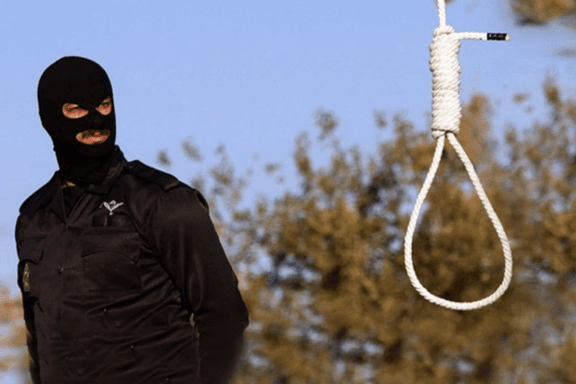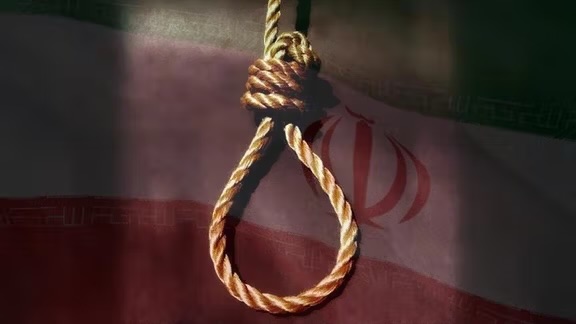
The United Nations General Assembly has issued a resolution condemning the widespread human rights violations in Iran, with the resolution receiving 77 votes in favor. It highlighted the increasing number of executions in Iran, warning that such sentences violate Tehran’s international obligations.
The resolution, issued on Wednesday, November 20, strongly condemned the alarming rise in the use of the death penalty in Iran. It noted that some executions are carried out based on coerced confessions and without fair trials or proper legal procedures.
The resolution emphasized that a significant number of crimes punishable by death, such as drug-related offenses, adultery, or same-sex relationships, are not considered serious crimes under international standards. It also stated that crimes like “apostasy,” “insulting sanctities,” or “drinking alcohol” are among those that carry the death penalty, often defined in vague or overly broad terms, violating the International Covenant on Civil and Political Rights.
The United Nations expressed deep concern over the use of the death penalty against ethnic and religious minorities, particularly the Baháʼís, and criticized the continued execution of women. The resolution noted that the number of women executed in Iran last year reached the highest recorded level.
In response to the resolution, Zahra Ershadi, Iran’s deputy representative to the United Nations, rejected it outright, describing it as “unfair and political.”
This resolution comes amidst reports of a new wave of death sentences in Iran. In this context, Human Rights Watch issued a statement warning that Iranian authorities had recently handed down a significant number of death sentences, including against political prisoners, ethnic and religious minorities, and foreign nationals.
The resolution also called on Iran to end practices of torture and cruel or inhuman treatment, including sexual violence and amputation. It criticized targeted repression against women and girls, both online and offline, as well as discriminatory laws and policies like the mandatory hijab, which undermine women’s fundamental rights.
Despite recent protests in Iran under the slogan “Women, Life, Freedom,” Iranian authorities have tightened restrictions, particularly on enforcing the mandatory hijab.
Regarding the Ukrainian plane crash, the United Nations called on Iran to cooperate with all relevant parties and to fully assume responsibility for the incident.
The resolution also expressed concern about severe restrictions on freedom of thought and belief in Iran, particularly concerning the Baháʼí community. It urged the Iranian government to expand its cooperation with international entities, including the Special Rapporteur on the Situation of Human Rights in Iran, a cooperation Iran continues to reject despite repeated requests.


